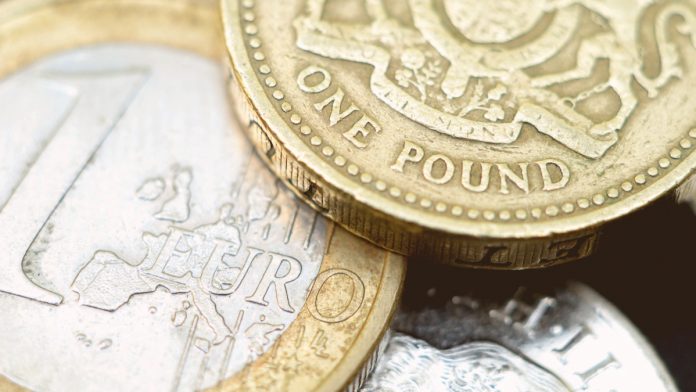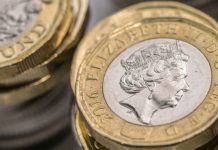- Pound (GBP) rises following Rishi Sunak’s support
- Partygate adds pressure on PM to resign
- Euro (EUR) rises on hawkish ECB comments
- There is no high impacting eurozone data, Spanish retail sales due
The Pound Euro (GBP/EUR) exchange rate is rising after ticking a few pips lower yesterday. The pair settled -0.02% on Thursday, at €1.1750 after trading in a range between €1.1724 – €1.1787. At 05:45 UTC, GBP/EUR trades +0.06% at €1.1762. The pair is set to lose 0.5% across the week.
The Pound came under pressure in the previous session after British finance minister Rishi Sunak said that inflation was causing a high level of distress to Britons. His comments came as inflation in the UK sits at 9% a 40-year high and is expected to reach double digits by the end of the year when energy prices are set to rise a further 40%.
Rishi Sunak also announced a 25% windfall tax on oil and gas company profits which will then be used, together with a £25 billion support package to help households struggling with surging energy bills.
The ongoing scandal surrounding party gate and mounting pressure on the PM to resign appears to be hitting demand for sterling. So far the PM has apologized but refuses to step down.
There is no high impacting UK data due to be released today, which will mean that market sentiment or the euro will be the driving force behind the pair.
The euro pushed high yesterday following hawkish comments from European Central Bank policymaker Klaas Knot. He said that a 50-basis point rate hike was on the table, echoing comments made by ECB’s Christine Lagarde earlier in the week.
Christine Lagarde also said that the ECB should be able to lift the region out of negative interest rates by the end of September, in another hawkish comment.
Today there is no high impacting Eurozone data. Instead, attention will be on ECB Lane who is due to speak. Spanish retail sales are also due to be released and are expected to show a fall by less than in March at -1.9%.





